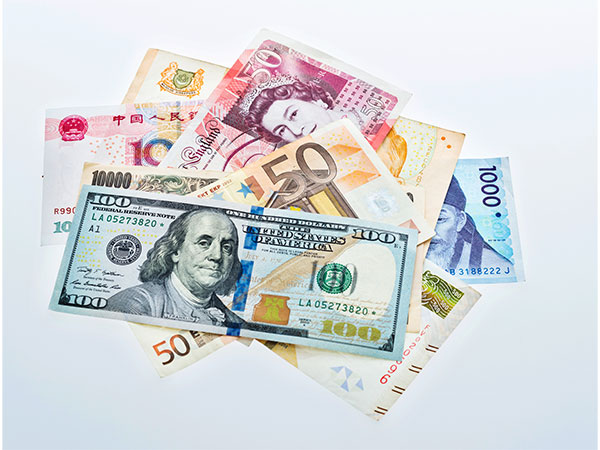India’s foreign exchange reserves have reached a new lifetime high of $655.817 billion, with an increase of $4.307 billion during the week that ended June 7, according to data from the Reserve Bank of India (RBI). The reserves have been steadily rising, with an increase of over $30 billion so far in 2024. The latest data released by the RBI shows that India’s foreign currency assets (FCA) rose by $3.773 billion to $576.337 billion, while gold reserves increased by $481 million to $56.982 billion. These reserves are now sufficient to cover around 11 months of projected imports, as per a recent RBI report.
In the calendar year 2023, the RBI added about $58 billion to its foreign exchange reserves. However, in 2022, India’s forex reserves saw a slump of $71 billion cumulatively. Forex reserves are held by a nation’s central bank or monetary authority in reserve currencies such as the US Dollar, Euro, Japanese Yen, and Pound Sterling. The country’s foreign exchange reserves had last touched their all-time high in October 2021, with a subsequent decline attributed to a rise in the cost of imported goods in 2022.
The decrease in forex reserves could also be linked to the RBI’s intervention in the market to defend against uneven depreciation in the rupee against a surging US dollar. The RBI may intervene through liquidity management, including the sale of dollars, to prevent steep depreciation in the rupee. The central bank closely monitors foreign exchange markets and intervenes to maintain orderly conditions by containing excessive volatility in the exchange rate, without any pre-determined target level or band.
In summary, India’s foreign exchange reserves have reached a new high, indicating the country’s strong economic position and ability to meet external obligations. The RBI’s intervention in the forex market aims to stabilize the exchange rate and prevent sharp fluctuations. The increase in reserves is a positive sign for India’s economy, providing a buffer against external shocks and supporting stability in the financial markets. As the reserves continue to rise, India’s position in the global economy is strengthened, attracting investor confidence and ensuring stability in the currency market.










